One of the best, if not the best, experiences in Magic: The Gathering is in its events. In addition to the card game, being able to attend some of the biggest events in the game brings a unique experience for participants - something you only find at these events, which, in some regions, are scarce.
However, participating in these events, whether in competitive or casual REL, requires planning and preparation to make the most of this experience, even in events not geared towards the competitive scene, such as Command Fest.
In this article, I outline some of the key steps and factors to consider when heading to a major Magic: The Gathering event!
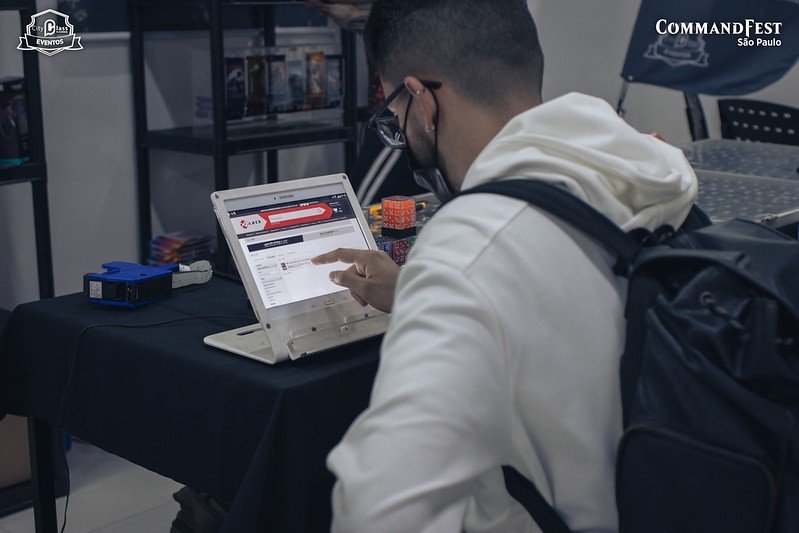
Pre-Trip Preparations
For each step presented, we consider its importance for both casual and competitive REL events. Other elements analyzed were logistical issues such as, for example, traveling from one region to another in countries of continental size, such as Brazil.
Know the Event
The first step is the most basic: get to know the event. So elementary that it even seems obvious, despite the nuances it presents, which are usually ignored by less informed players.
Knowing the event doesn't just mean knowing what it is and where it will be, but understanding the entire structure of participation and prizes to avoid breaking your own expectations. What is the entry fee? What formats are offered? How will the prize be distributed? Has there been any such event before in the region? If yes, what is its reputation in the community?
Most of this information is easy to find on news and at the event's official website. Others are easier to acquire by seeking feedback from other players who participated in a previous edition, or asking on social media and/or online groups.
Keeping this information in mind is essential to avoid possible wear and tear, help in charging for any error or non-execution of any event proposal coming from the organizers, in addition to preventing the famous word-of-mouth from passing on inaccurate topics and untruths to other players, and create an expectation that goes beyond what the organizers propose and promises.
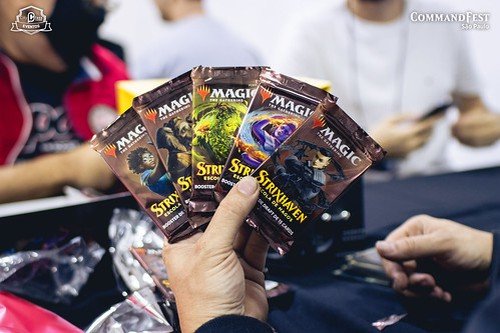
Know the Region
Now that you know what the event is, what its formats, prizes and location will be, it is important to know what is around it. This information is essential for those who intend to travel from another state, or even from another country, to participate.
Knowing the space of the event and what is around it collaborates with the player's comfort in terms of how to make the most of their participation. Essential topics for this step are: what is the best route to arrive, how long does it take to get there? How long it takes from your stay to the location and, if the participant is going by car, if there are parking lots close by. Also, find out about restaurants, snack bars, pharmacies and even hotels or hostels nearby, as we never know what kind of emergency may appear.
Most of this information is easy to find with a quick five-minute Google search, and can even be done en route. A personal practice that I do when there is enough time is to arrive early in the city or state where the event will take place and take a walk around the region where it will be held, which helps in knowing the streets, knowing how much time I take from my lodging until then, and find out which are the nearby restaurants, bars and other amenities, in addition to assessing the public safety around the place.
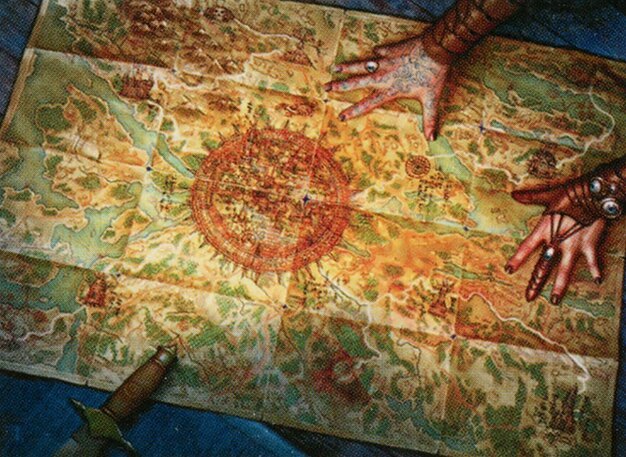
The Pre-Event Preparations
The event date is approaching, you've already purchased your tickets, done your research, and you're about to leave your home to embark on a journey into one of the greatest experiences Magic: The Gathering has to offer.
What do you need? What you can't forget or leave home without?
Take what your deck requires
Does your deck put 1/1 Vampire tokens with Lifelink? Take as many as you need! Does it use mechanics like Monarch, Initiative, or does it have cards that make The Ring Tempt You? Carry the respective required tokens and counters so that you can keep track of these abilities at the table.

Your deck and cards are your responsibility. Therefore, your tokens and counters are, too! Yes, in some events, the organizers can provide the tokens and other items necessary for the game to work, but without a specific part, keeping track of everything that happens at the table can be more complicated, and lead to situations where the judge needs to be called in to resolve an issue.
Of course, some tokens are harder to find than others, and the availability of some of them in stores can be scarce. In these cases, the player can, with the authorization of a judge, use other cards to represent the token - my ideal, in these cases, is to use the placeholders of double-faced cards, which tend to come in sets that have that card category (like Battle for Zendikar, up to March of the Machine), and write the token's name along with its attributes. You can even get creative and make a nice drawing to represent it!
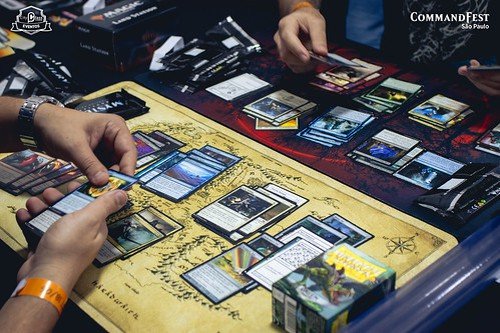
The point is that the player needs to be responsible for both their cards and the tokens produced in their deck. Despite this being a more malleable rule, given that there are custom tokens that can be used in competitive REL, depending on the organization, it is important to avoid discomfort and unnecessary headaches for those involved in a match.
If you think you need a card, take it
There is lots of deckbuilding advice I can give you at preparing for big events, like a Regional Championship, which deserve an article of their own. One such advice is that your trip to the venue should be done intending to rest your mind for the big event, and therefore, thinking too much about what is missing, or what you can change in your deck, is not ideal. - it is preferable that you already leave your home with the list defined and ready in your deck box.
This does not mean, however, that things cannot change. Whether in your head or in the environment you expect to find, these changes can greatly alter our perception of what cards we need in our deck, and including cards at the last minute is a possibility, and even preferable to running the risk of being unable to perform these exchanges.
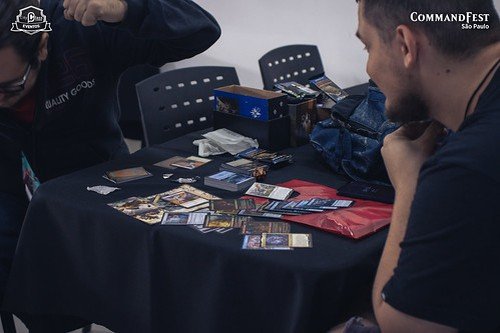
Therefore, if you think you might need other cards even if they're not on your decklist yet, take them in a separate deckbox, or in a binder, and, if needed, swap them up to 12 hours before the start of the event - which will give you enough time to test and correct your decklist without disturbing the sleep or rest you require to play the next day.
The same logic can be applied to Command Fest, but with another perspective: Commander is a format where there are different power levels and communication between participants about what they expect from the game. Therefore, taking decks with different levels of interaction and power is a beneficial way to always have a table where you can play and have fun.
Playing the Event
Preparations are in place, you've arrived in town, and it's time to attend the event. Now, how should you proceed during matches?
If in doubt, call the Judge!
The judges are there to assist and help with possible doubts or conflicts, and there is no discomfort or reprimand for calling them whenever necessary. So, if you encounter any problems during your matches about any interaction, rules, and/or game procedure, don't be afraid to raise your hand and call a judge to answer your questions.
However, when calling a judge, keep in mind what you want to know, and what questions you want answered. Communication is the key to a good Magic experience in any environment, at large events it becomes more essential because players' tempers can be too high, which can lead to more mistakes or more disagreement on some in-game issues.
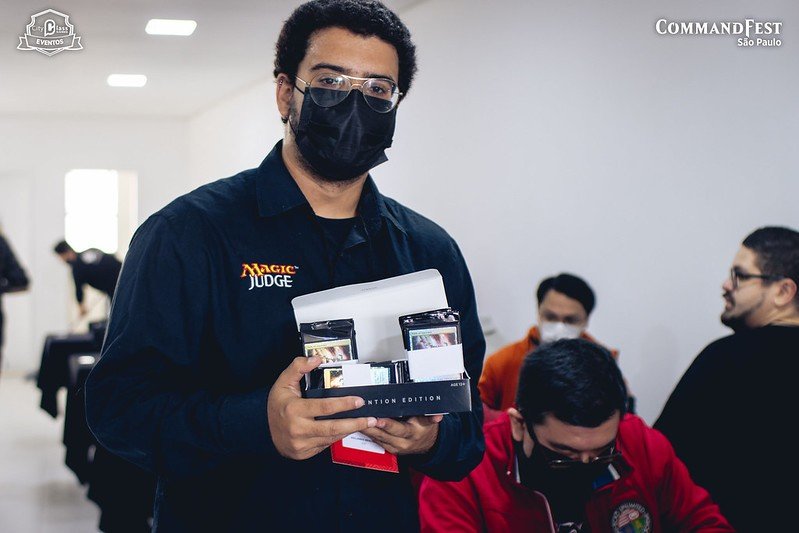
Communicate with your Opponents
As mentioned above, communication is key to a good Magic experience, and that goes for you and your opponent. So, talk, communicate, indicate the phases and what you want to do - most of the stress in a match occurs because one of the players is not communicating as well as they should.
Know also the limits of your communication as your opponents present. For example, there are players who don't mind talking during Sideboard choices, or after the end of the game to discuss possible plays and/or decisions that could be made, while others prefer to just focus on the game and leave other matters for a timely moment, and in those cases, we must respect their position.
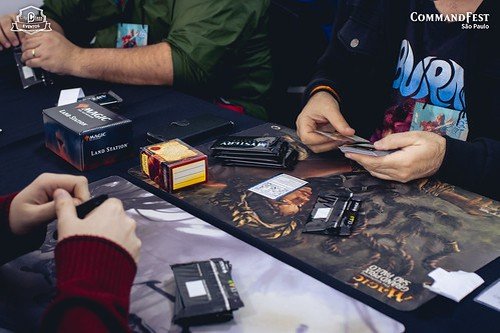
The focus is that players need to communicate regarding what happens in the match, including to announce triggers, move to the next phase, cast a spell, or activate an ability. Magic is a priority game, and players must respect the priority on each stage.
Finally, don't be overbearing, arrogant, or aggressive. Everyone is at the event to enjoy the most out of it and, who knows, get some nice prizes - there is no reason to take a nasty attitude towards the others, and any and all actions of a more aggressive nature by the players that lead to the discomfort of the others must be reported to the judge or event organizers.
Magic is just a game
Which brings us to the last tip, and perhaps the hardest to follow in competitive prize-winning environments: Magic is merely a game, and there's no reason to treat it as anything more than a game. And if you're frustrated or not having fun, your time could be better spent with side events and even with other friends at a bar or restaurant.
It's not uncommon for players to take Magic too seriously, to the point of putting plenty of emotions or high stakes in their games to validate certain internal beliefs - it's not healthy, but it happens. In big events, it is natural that these emotions are more surfaced because there is something to be obtained there, or a high investment of time and resources to get there - And amidst these logistical issues, there is the belief that Magic needs to give some return, preferably financial return.

The return Magic gives you - and it gives you anyway - isn't material, it's an experience. Whether it's exercising your brain and solving puzzles to win a tough match, resolving that massive spell on a Commander table, or turning a Sauron, Lord of the Rings into a Treefolk with Lignify and, thus, having saved Middle-earth in a much simpler and more epic way than in The Lord of the Rings' movie trilogy, or just by being together with other people who, by sharing a hobby and a passion with you, can become great contacts and friends for later events.
Magic becomes a healthier environment when we get out of our minds the view that every reward in the game needs to come from a material reward. It is an arduous exercise which requires constant reassessment of our interpersonal values to reach this conclusion, with moments in which we fail and are blinded by the prospect that we can earn a lot on top of a certain prize pool when, in fact, our true prize is in enjoying the game, and the fun we have with it - And if we fail to have fun at some point, it's better to just stop for a while and enjoy other means of entertainment - be it a video game, a TV show, or hanging out with friends to have a drink or coffee.
Conclusion
That's all for today.
If you have any questions or suggestions, feel free to leave them in the comments!
Thanks for reading!

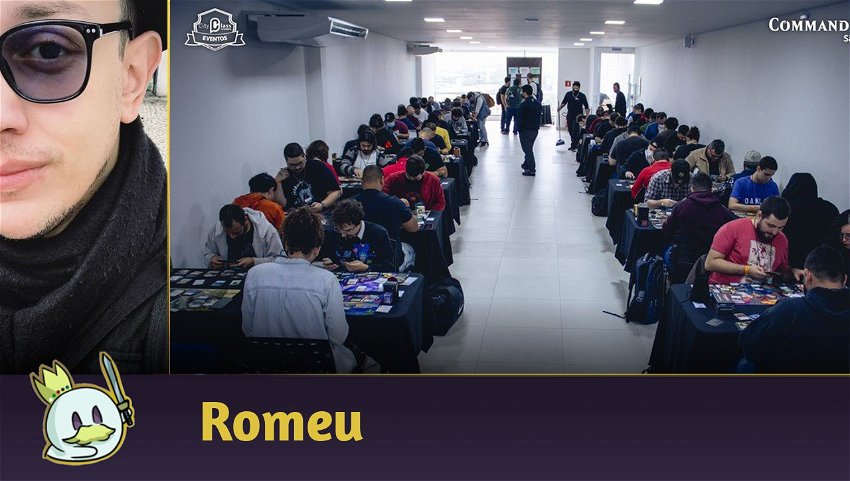






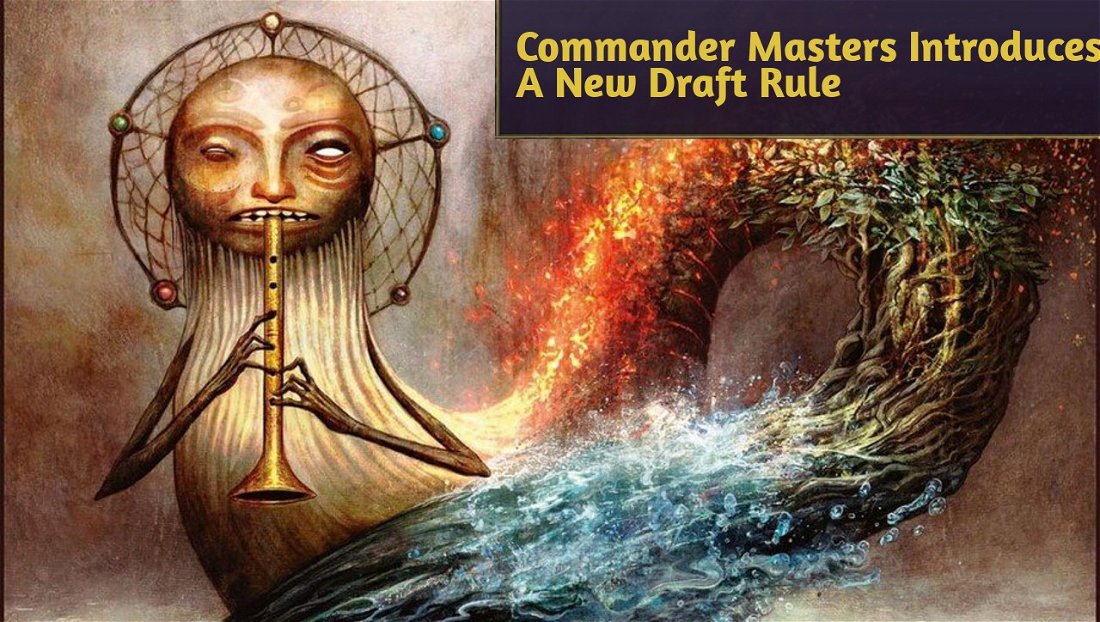
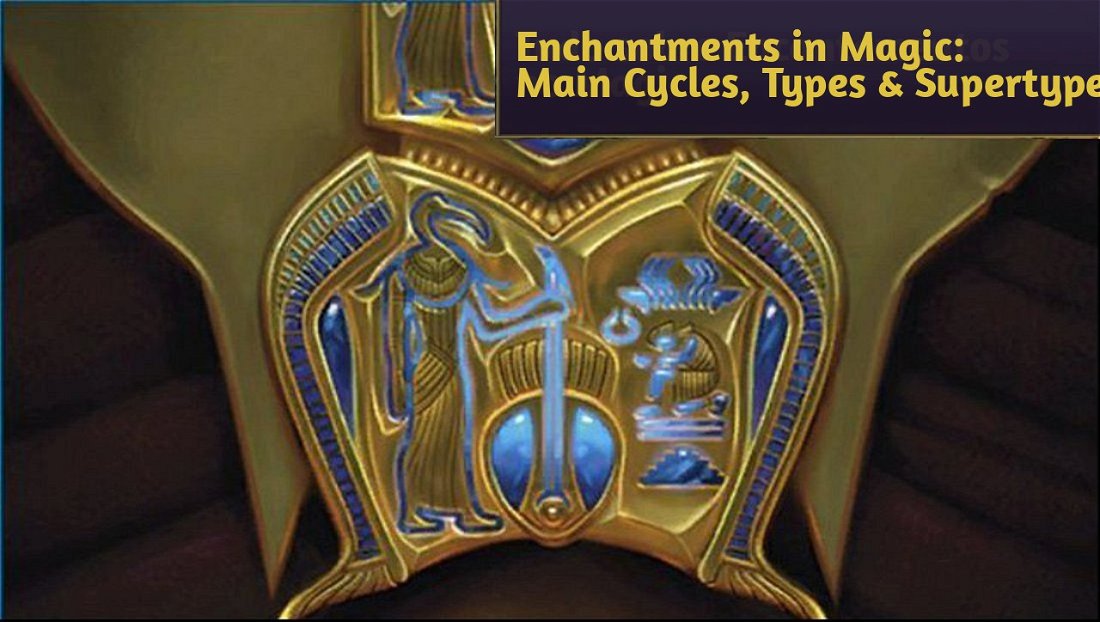



— Comments 0
, Reactions 1
Be the first to comment